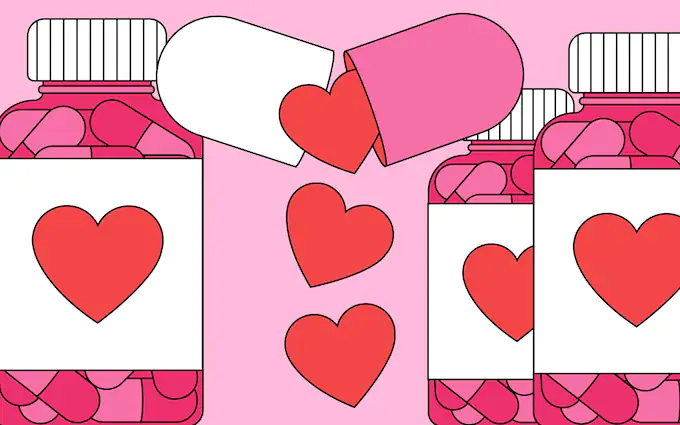
Sex might not be everything in life, but it sure is a lot. While some might take getting down between the sheets for granted, for others, it’s a major source of discontentment in life; and one that can affect other aspects of living. More and more research is coming out showing MDMA might be able to improve sex drive, making it a possible option to help those suffering from major bedroom issues.
How important is sex?
There are a lot of different ways to look at this question, and we won’t all agree. For example, in some religions, sex is meant for procreation only, and the idea of positivity in sex isn’t necessarily cared about. At least not for all members taking part. Let’s be honest, women spent a lot of history with their sexual needs ignored. Sometimes though, it’s not about conscious, or direct, opinion, but what having or not having the sex, does to life in general.
We can look at this medically. How does a good sex life compare to a not good sex life when it comes to how happy and productive people are in other parts of life? One study attacked this idea. According to a survey from 2016 called Sexual Satisfaction and the Importance of Sexual Health to Quality of Life Throughout the Life Course of U.S. Adults, “Discussions about sexual health are uncommon in clinical encounters, despite the sexual dysfunction associated with many common health conditions. Understanding of the importance of sexual health and sexual satisfaction in U.S. adults is limited.”
The researchers took a look at cross sectional data from 3,515 US adults who participated in an online survey, which used address-based probability sampling. They used “ratings of importance of sexual health to quality of life (single item with five-point response) and the Patient-Reported Outcomes Measurement Information System Satisfaction With Sex Life score (five items, each with five-point responses, scores centered on the U.S. mean).”
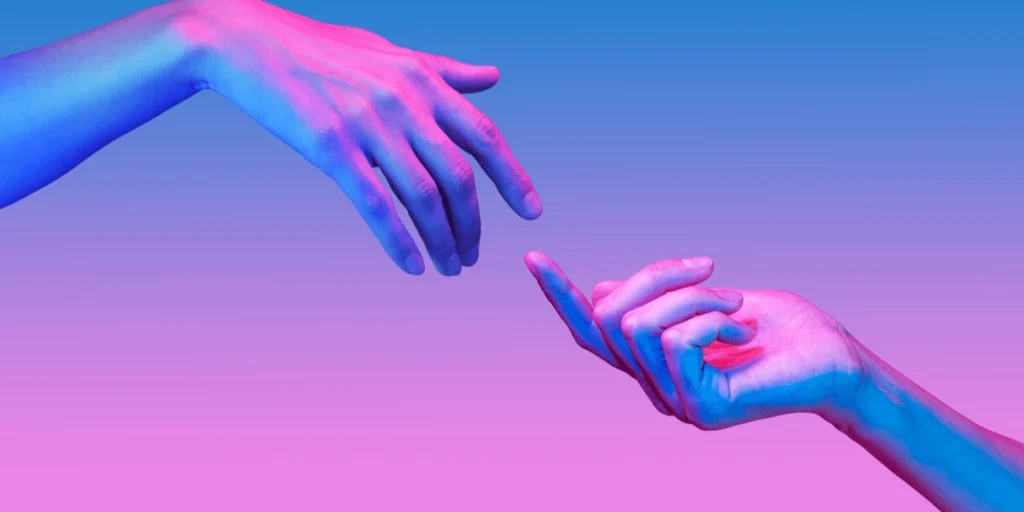
MDMA and sex?
MDMA (3,4-Methylenedioxymethamphetamine) aka molly and ecstasy, is a psychostimulant, that’s often confused for a psychedelic. While it’s technically not one, it is a hallucinogen and empathogen–entactogen, which together create a similar experience to psychedelics by bringing on sensory hallucinations, and making people feel connected to each other. Merck Pharmaceutical first created MDMA in 1912, but it wasn’t used much until chemist Alexander Shulgin found a new way to synthesize it in the 70s.
Much of the original MDMA research was compiled as a part of researcher Anne C. Wagner’s paper Couple Therapy With MDMA—Proposed Pathways of Action from 2021. In it, Wagner goes over works by G R Greer, and R Tolbert from the 80s and 90s, where it was seen that MDMA “demonstrated improvements in fear of emotional hurt and improved communication and introspection.”
Even earlier research done by Alexander Shulgin and his wife from the 70s, shows how MDMA can benefit couples because its “an excellent tool for communication and to navigate relational issues.” As per Wagner, “MDMA’s empathogenic qualities have made it a prime candidate as an adjunct to psychotherapy. When considering the couple therapy context, understanding the neurochemical experience related to romantic love illuminates this potentially catalytic combination.”
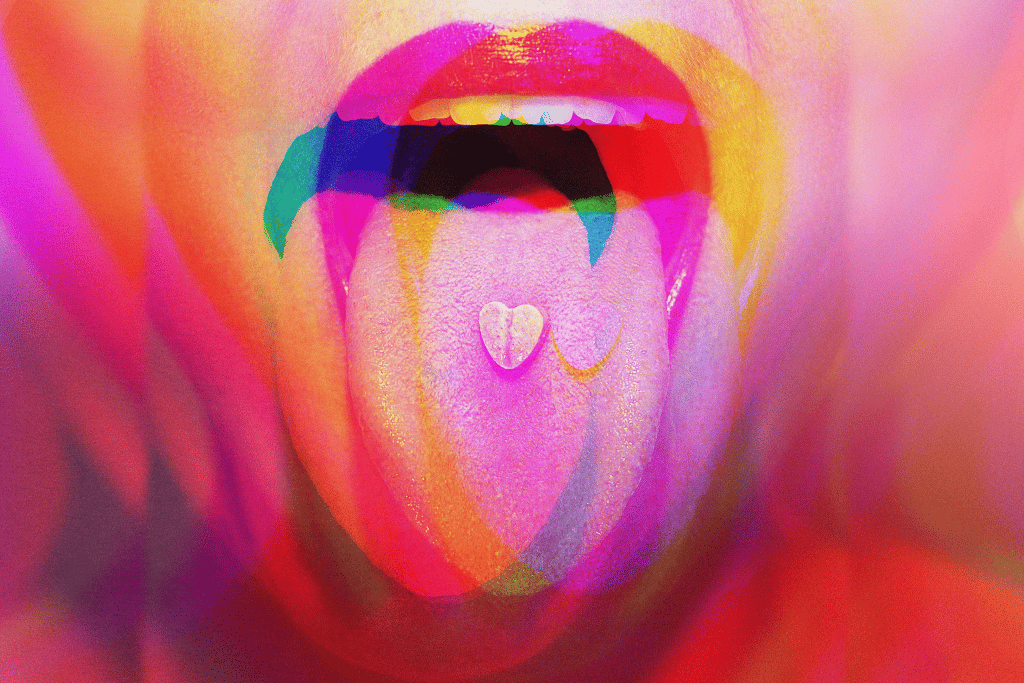
Can MDMA improve sex drive?
A study from 2005 confirms the idea that MDMA can promote sexual feelings. The study MDMA and sexual behavior: ecstasy users’ perceptions about sexuality and sexual risk used in-depth interviews to collect data about MDMA and sex drive. Out of 98 users (using at the time or former users), some simply felt more emotionally close, but not necessarily a need for sex; while others said it totally ramped up the desire for penetration. In fact, sexual risk taking was high among the group that did experience an increase in drive, which could imply not just an increase in drive, but an overpowering need.
Is it possible there’s a difference in how it affects the sexes? A study from 2001 brings up some interesting points, that could help explain this. Subjective effects of MDMA (‘Ecstasy’) on human sexual function, had 35 respondents, and assessed different aspects of sex while on MDMA: desire, erection/lubrication, orgasm, and satisfaction.
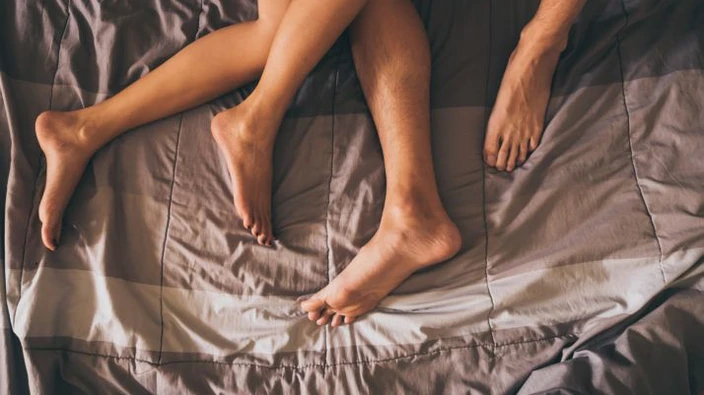
It was found that over 90% of subjects experienced an increase in both desire and satisfaction, and that though organisms were generally delayed, they were thought of as more intense. But the study also picked up an interesting issue that could relate to the previously mentioned one. According to this study, despite increasing drive, about 40% of men had a harder time getting an erection.
So could MDMA possibly be more beneficial for women? A 2009 investigation into women and ecstasy called Ecstasy and Sex Among Young Heterosexual Women: A Qualitative Analysis of Sensuality, Sexual Effects, and Sexual Risk Taking, makes it seem possible. The study “addresses sensual and sexual responses to Ecstasy sexual behavior.”
It used 41 female participants, and made the differentiation between sexual (desire, arousal, intensity) and sensual (affection, love, closeness) feelings. While many women spoke of an increase in these feelings, the majority were more related to sensual. However, the same increase in risky behavior is seen here, which does bring up the question once again, of what is encouraging this behavior, if not an increase in desire.
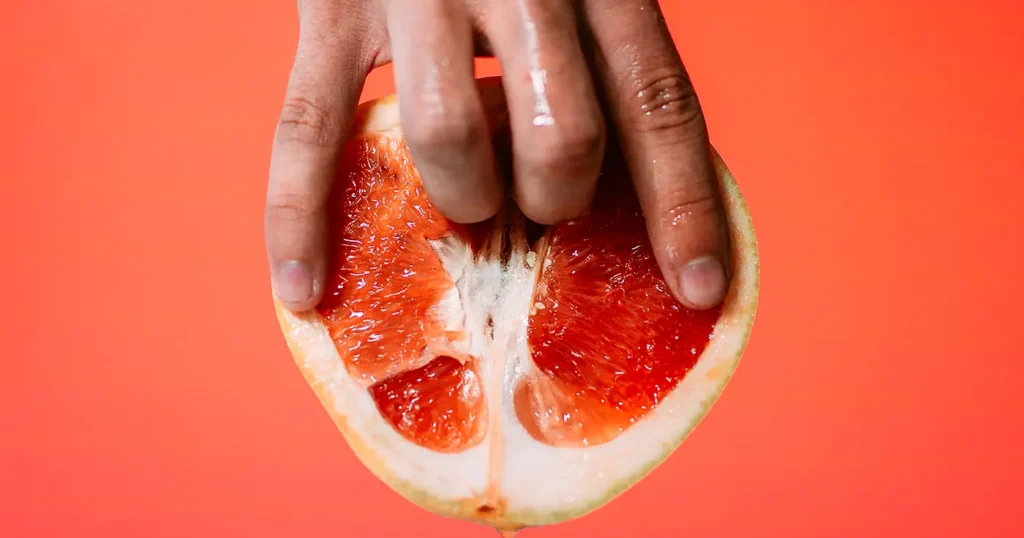
Conclusion
MDMA is certainly linked to increased feelings of sensuality pretty much across the board, as well as an increase in sex drive at least sometimes.





